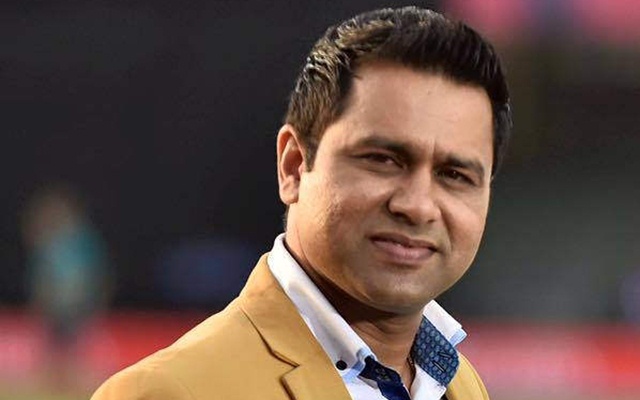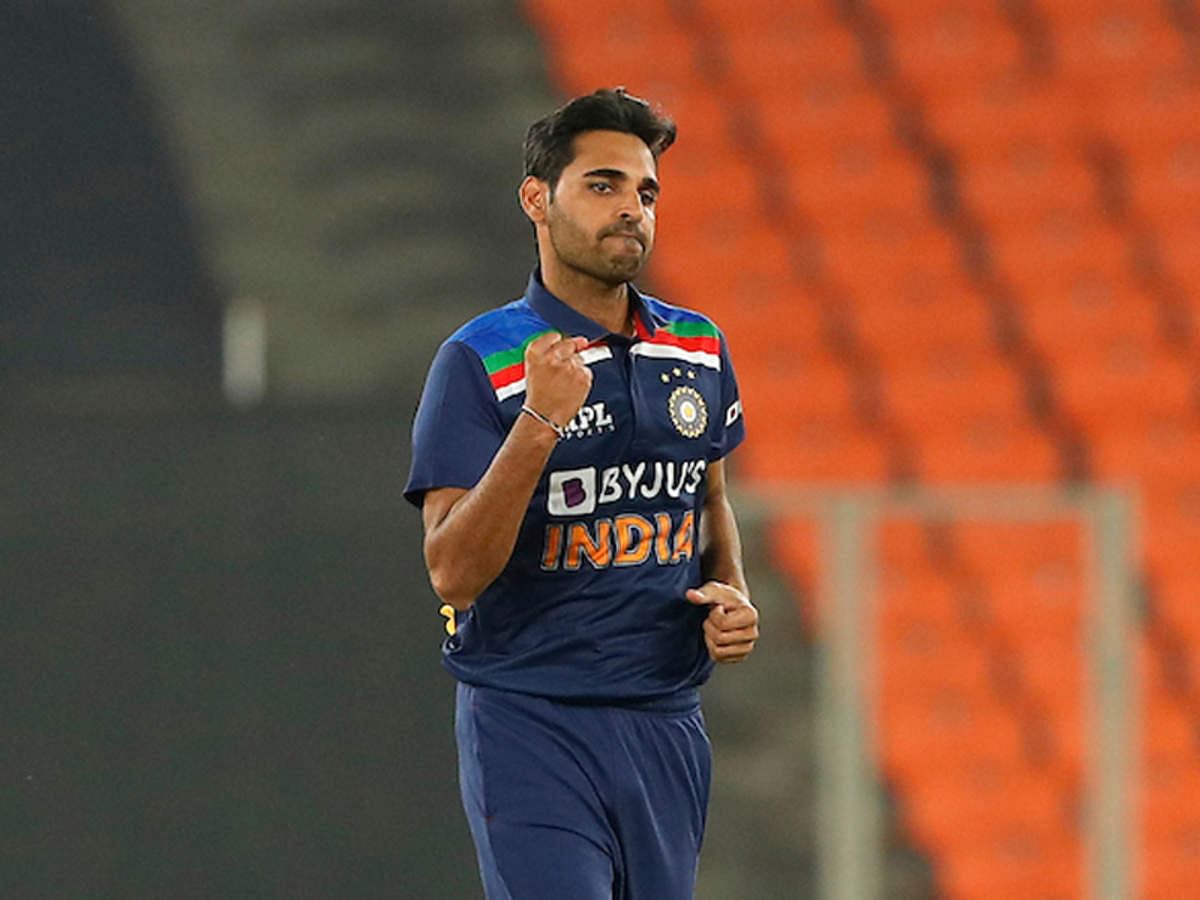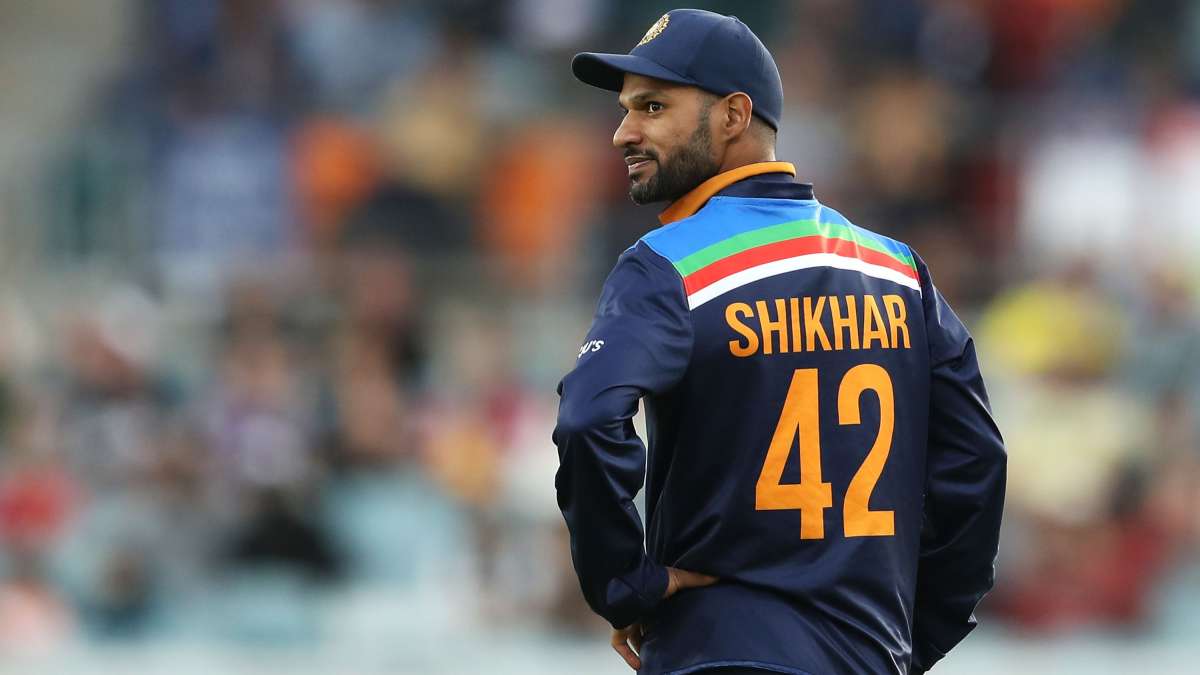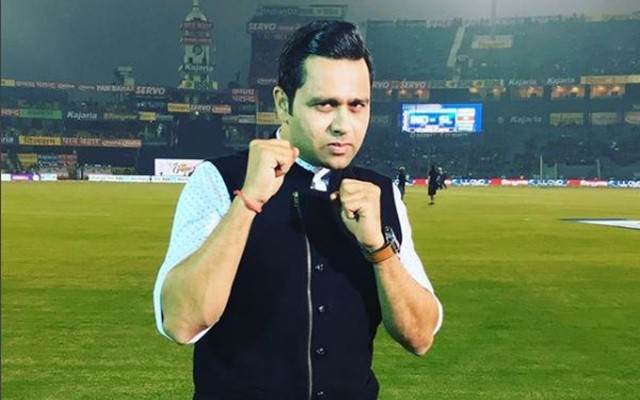Aakash Chopra was clear-cut in saying that the umpires should show a little bit of ‘consistency’ regarding the wide-calls as when the hosts Sri Lanka batted, the umpires turned down Wanindu Hasaranga’s request against a wide-off Nitish Rana.
During India’s run-chase, a couple of calls off Bhuvneshwar Kumar and Chetan Sakariya also hogged the limelight. One of them came in the final over of the game when Sri Lanka needed eight runs. Aakash Chopra said that the umpires involved should show a little bit of ‘consistency’ regarding the wide-balls.

Aakash Chopra: Bhuvneshwar Kumar’s Wide Should Have Been Given And Chetan Sakariya’s Wide Should Not Have Been Given
Aakash Chopra, the former Indian cricketer turned commentator, has opined on the controversies surrounding the wide-balls during the second T20I between India and Sri Lanka. The veteran said that decisions shouldn’t be such where the advantage is taken away from the bowlers. Aakash Chopra put forth his opinions in an interaction.
“Our game is very unique – the only game that has an umpire and not a referee. But what you are actually looking for is just consistency. I think the line moves when the batsman moves, if it doesn’t that it won’t make any sense because then you are taking everything away from a bowler,” Chopra said.
“If it’s a switch it, for example, if a right-hander turns and becomes a left-hander then he should be treated as a left-hander. In fact, it gives something to the bowlers when he beats the batsman on both sides and it’s still not wide because he (the batsman) has changed while the field remained the same,” he stated.

“A lot of Indians might be feeling slightly hard done by but then but Bhuvneshwar Kumar’s wide should have been given a wide, it wasn’t and now Sakariya’s ball didn’t look like a wide but it was given. So, it evened out in the hand but the question remained on the consistency,”Aakash Chopra added.
The match on Wednesday, July 28 wasn’t a high-scoring affair, but it wasn’t short of entertainment by any stretch of the imagination. Batting first, the Men in Blue managed only 132 for the loss of five wickets on a sluggish pitch after Shikhar Dhawan’s 42-ball 40 with five fours.
In the second innings, India did try their level best. However, in the end, Dhananjaya de Silva’s unbeaten 34-ball 40 took the hosts over the finishing line. With the four-wicket win, the Sri Lankans also drew level 1-1 in the three-match series.
Shikhar Dhawan Rues The Absence Of An Additional Batsman
With as many as 9 first-team players missing and 4 youngsters making their debut in T20I cricket, India was handed a 4-wicket defeat by Sri Lanka in the 2nd T20I on Wednesday. While skipper Shikhar Dhawan rued the absence of an additional batsman in the team, fans felt umpiring should also have been blamed for the result.

Debutant Chetan Sakariya was handed his maiden T20I cap after a string of first-team players were ruled out. He was handed the ball for the tricky 20th over with the Lankans needing 8 runs from the final over to win the match. The second ball of the over was deemed wide by the line umpire and the decision left fans fuming. Even experts opined that the delivery should’ve been legal.
India fought hard defending their 132 as the Indian spinners in the game – Varun Chakravarthy, Rahul Chahar, Kuldeep Yadav – chipped in with timely wickets keeping the game in the balance. But eventually, the hosts crossed over the line. The series moves into the decider on Thursday.
The pitch, which was offering plenty of turn, holding the ball, and was slow in nature, was tailor-made for the Sri Lankan bowlers to make hay against a depleted Indian batting line-up, missing several batsmen like Prithvi Shaw, Suryakumar Yadav, and Hardik Pandya to name a few after close contacts of Covid-19 hit Krunal Pandya were placed in isolation.
